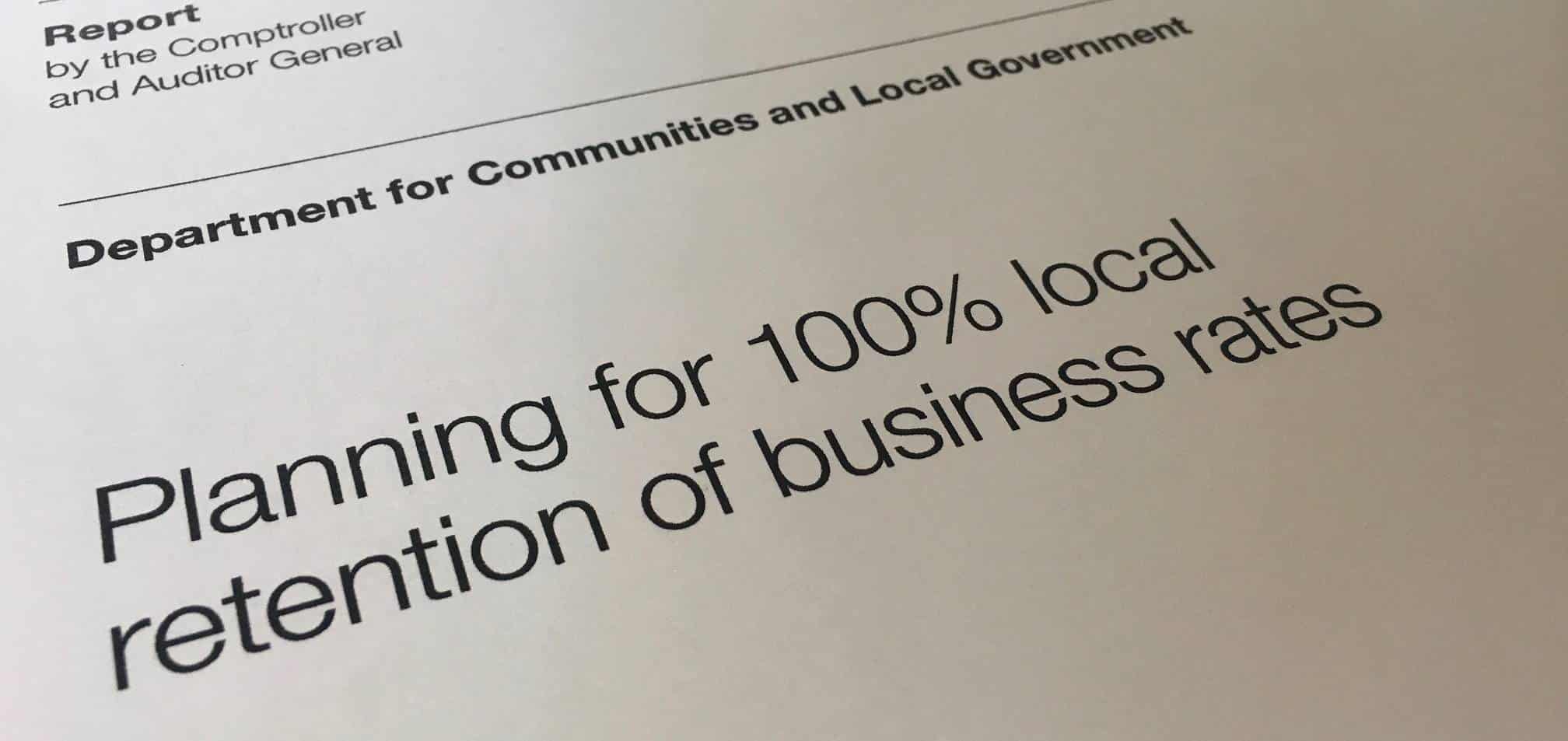COUNCIL coffers could be boosted by tens of millions of pounds if the authority’s plans to pilot a new business rate scheme get given the green light.
Tunbridge Wells Borough Council is seeking to be one of the first local authorities in the country to test a scheme which will allow it, alongside Kent County Council (KCC), to retain 100 per cent of the rates collected from next year.
At the moment, the borough council acts as the ‘billing authority’ for business rates, meaning whilst it is due to collect £56million this financial year on behalf of central government, it will only receive £2million back. The rest is pooled and redistributed to other parts of the country.
During a Cabinet meeting on September 14 members spoke of their frustration over the Government’s lack of progress in this area and accused it of failing to deliver on previous promises.
Legislation to deliver greater local control over rates was not forthcoming in the last Queen’s speech – an omission described as ‘hugely disappointing’ by the council’s Director of Finance, Lee Colyer.
However, it was revealed the Government is now inviting local authorities to become pilots for the 100 per cent retention of business rate growth in the 2018/19 financial year.
“The council is pressurising the Government”
Mr Colyer said Tunbridge Wells Borough Council is at the vanguard of this devolution drive and has been urging local authorities in Kent, as well KCC, to collectively lobby for further fiscal autonomy and sign up for the pilot scheme.

He added: “The council has been continuing to pressurise the Government to fulfil its obligation to localise business rates.
“If we can demonstrate it works in a two tier area, the more likely the scheme will put forward at a national level.
“We are volunteering our services and expertise to the government to help bring forward the localisation of business rates.”
If successful in their application to test the scheme, Tunbridge Wells and the other authorities in Kent will keep all new rate income generated from April next year.
This means the amount sent to central government will effectively be capped at the current £56million and will not increase as more businesses are established or move into the area.
Income from new enterprises will be kept locally, adding an incentive for the council to enact more business-friendly policies to encourage growth.
Mr Colyer added: “Tunbridge Wells is particularly well placed to benefit financially from all the investment in the pipeline such as the redevelopment of the former Cinema Site, expansion of Royal Victoria Place Shopping Centre and a new theatre and office complex.
“These major schemes will act as magnets to attract further business rate growth and prosperity to the borough which helps to fund local services.”
Tunbridge Wells Borough Council is keen on finding additional sources of income as it will see its Revenue Support Grant, money it receives from the government, cut to zero next year.








